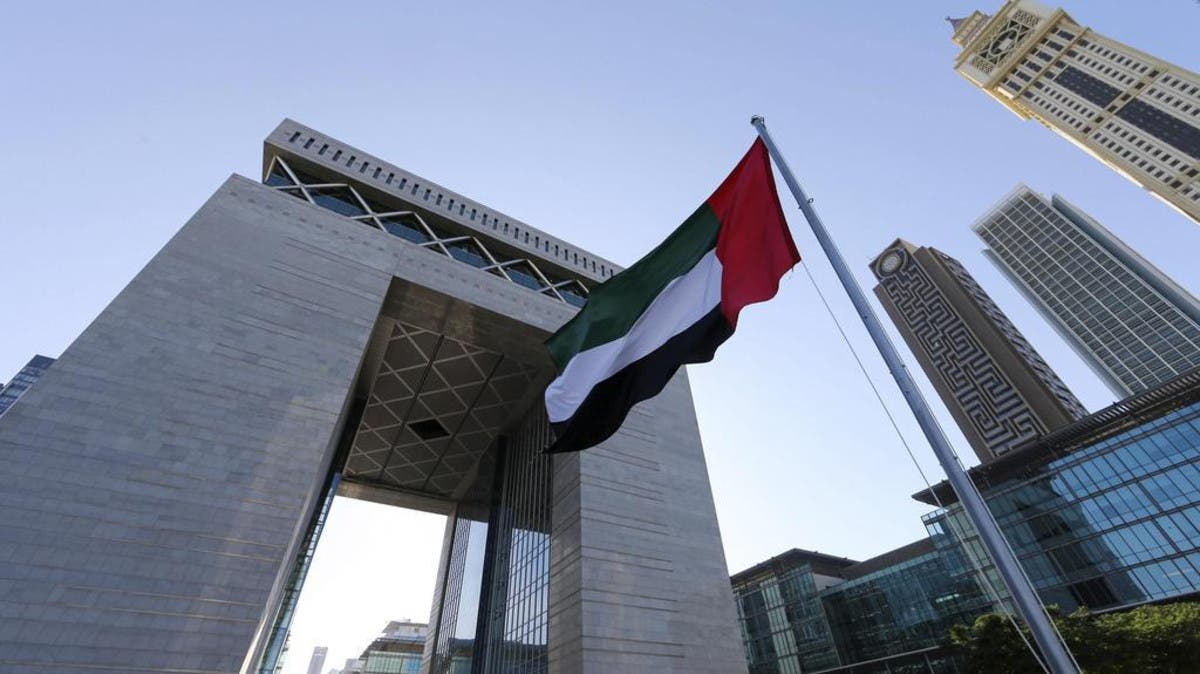Dubai International Financial Centre (DIFC) has reported its best annual performance to date, with a year of strong growth against the backdrop of the COVID-19 pandemic, Emirates News Agency (WAM) reported on Wednesday.
DIFC reportedly achieved its 2024 Strategy growth targets three years ahead of schedule during the first half of 2021.
For the latest headlines, follow our Google News channel online or via the app.
“DIFC’s best-ever annual performance reflects Dubai’s position at the forefront of global recovery in the financial sector and the broader economy,” said Dubai’s Sheikh Maktoum bin Mohammed, Deputy Ruler of Dubai, Deputy Prime Minister, Minister of Finance, and President of DIFC.
“The Center’s ability to continue building a thriving financial community amidst a rapidly changing international environment demonstrates the far-reaching vision of His Highness Sheikh Mohammed bin Rashid Al Maktoum, Vice President, Prime Minister and Ruler of Dubai, which has enabled the emirate to create a strong economy fueled by innovation,” Sheikh Maktoum added.
The Center reportedly recorded 996 company registrations throughout 2021, the highest ever recorded in a single year in DIFC’s history, registering a 39 percent rise from 2020. The growth in company numbers represents more than three times the average number throughout the last decade.
A total of 1,124 financial and innovation-related entities are now active and operating within DIFC, increasing by 23 percent versus 915 in 2020.
In 2021, DIFC recorded its highest-ever annual revenue, which rose by 16 percent to $244 million (AED 897 million), and operating profit, up by 7 percent from pre-pandemic levels to $156 million (AED 573 million).
“DIFC’s exceptional results are also a testament to the trust that local, regional and global businesses have placed in the Center as a financial industry hub that promotes growth and business enterprise,” said Sheikh Maktoum.
“DIFC’s continued success has also been driven by the solid and enduring partnerships Dubai has built with leading global financial companies by providing them the high-quality hard and soft infrastructure needed to raise their competitiveness in an evolving industry,” he added.
DIFC is home to 17 of the world’s top 20 banks, five of the top 10 insurance companies and top 10 asset managers, as well as many leading global law and consulting firms.
Notable firms joining DIFC in 2021 included: Air Liquide Middle East & India Holding Limited, BentallGreenOak Advisors (UK) LLP, DP World Financial Services, Dual Corporate Risks Limited, General Reinsurance AG, Howden Insurance Brokers Limited, Hines, Mamopay, Richemont, and Thunderbird Global Innovation Center.
“Dubai’s economy rebounded more quickly than many global economies following the impact of the COVID-19 pandemic. DIFC has helped drive this new phase of growth, and we are proud to be a significant contributor to Dubai’s GDP. Our focus in 2022 will be on driving the future economy by attracting more financial sector investment into the UAE,” said DIFC Governor Essa Kazim.
In addition to achieving its 2024 growth targets ahead of schedule, DIFC also launched its Strategy 2030, which embraces Law No. (5) of 2021 relating to the expanded duties and responsibilities of DIFC and promotes values of transparency, integrity, and efficiency.
As part of Strategy 2030, DIFC launched the Innovation Hub, the largest cluster of FinTech and innovation companies in the region.
Over 500 technology and innovation firms, ranging from start-ups to global unicorns, are now based in DIFC, representing over 60 percent of all those across the GCC, according to WAM.
Read more:
Dubai plans to attract 50 multinational companies as part of global hub push
Profile: Meet the stuntwoman in Dubai-based Emirates’ viral Burj Khalifa advert
Pandemic underlines need for F&B sector to pursue sustainability: Al Bayader CEO


 World3 years ago
World3 years ago
 World3 years ago
World3 years ago
 Business1 year ago
Business1 year ago
 Entertainment7 years ago
Entertainment7 years ago
 World7 years ago
World7 years ago
 Entertainment7 years ago
Entertainment7 years ago




